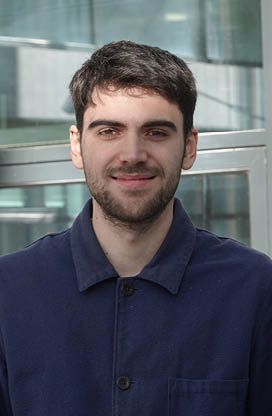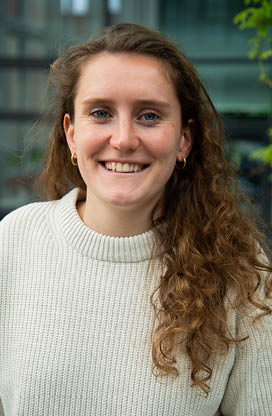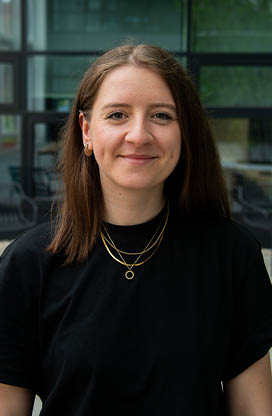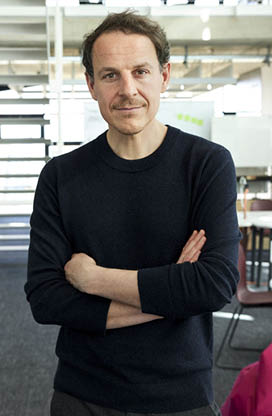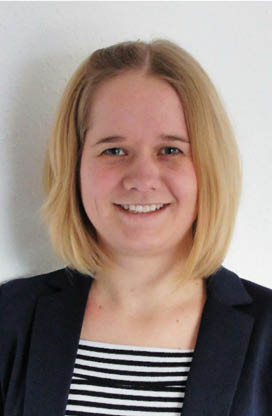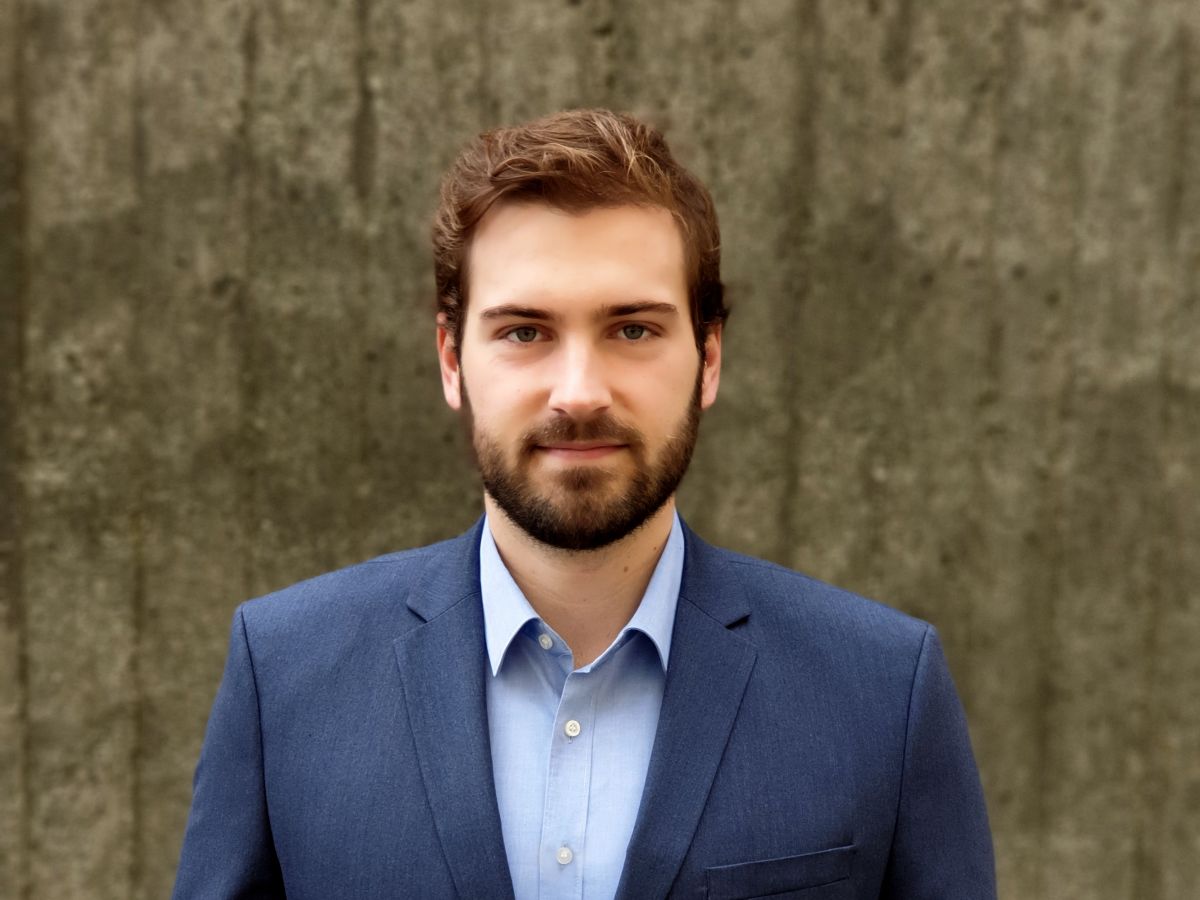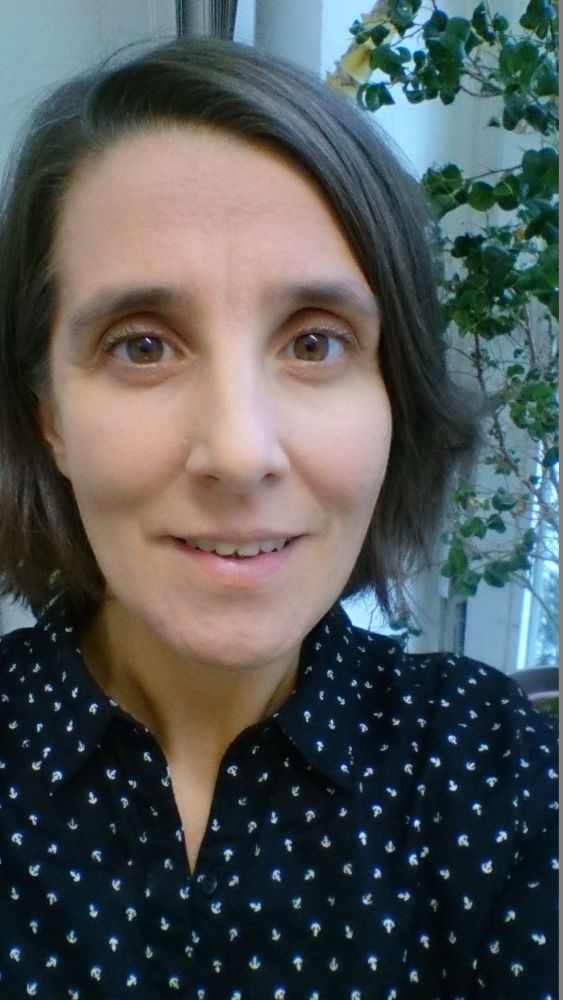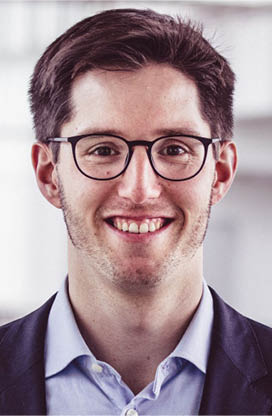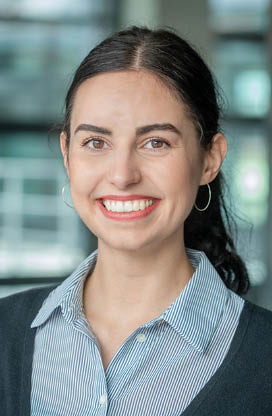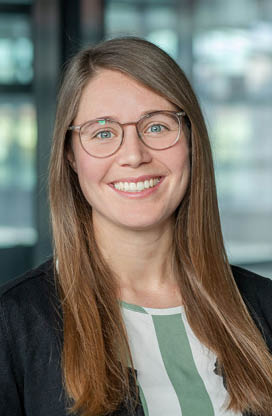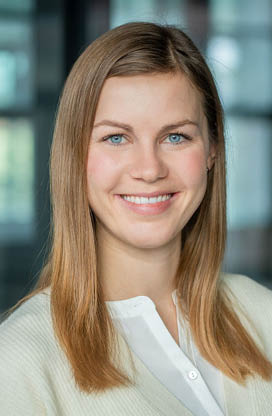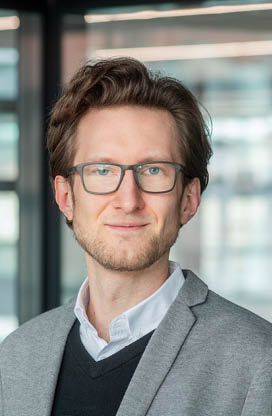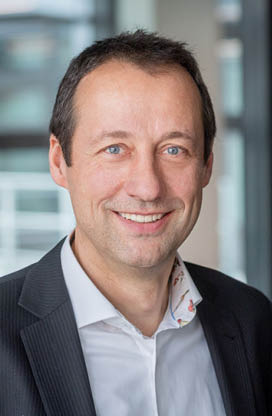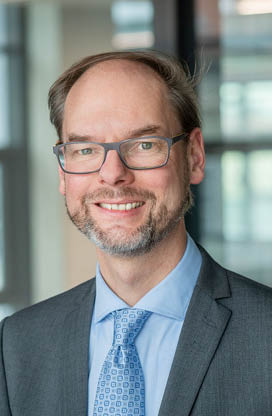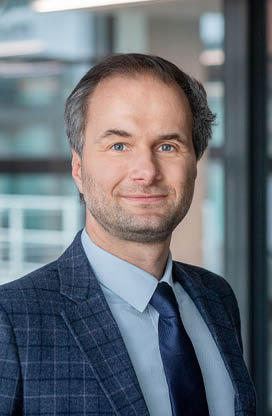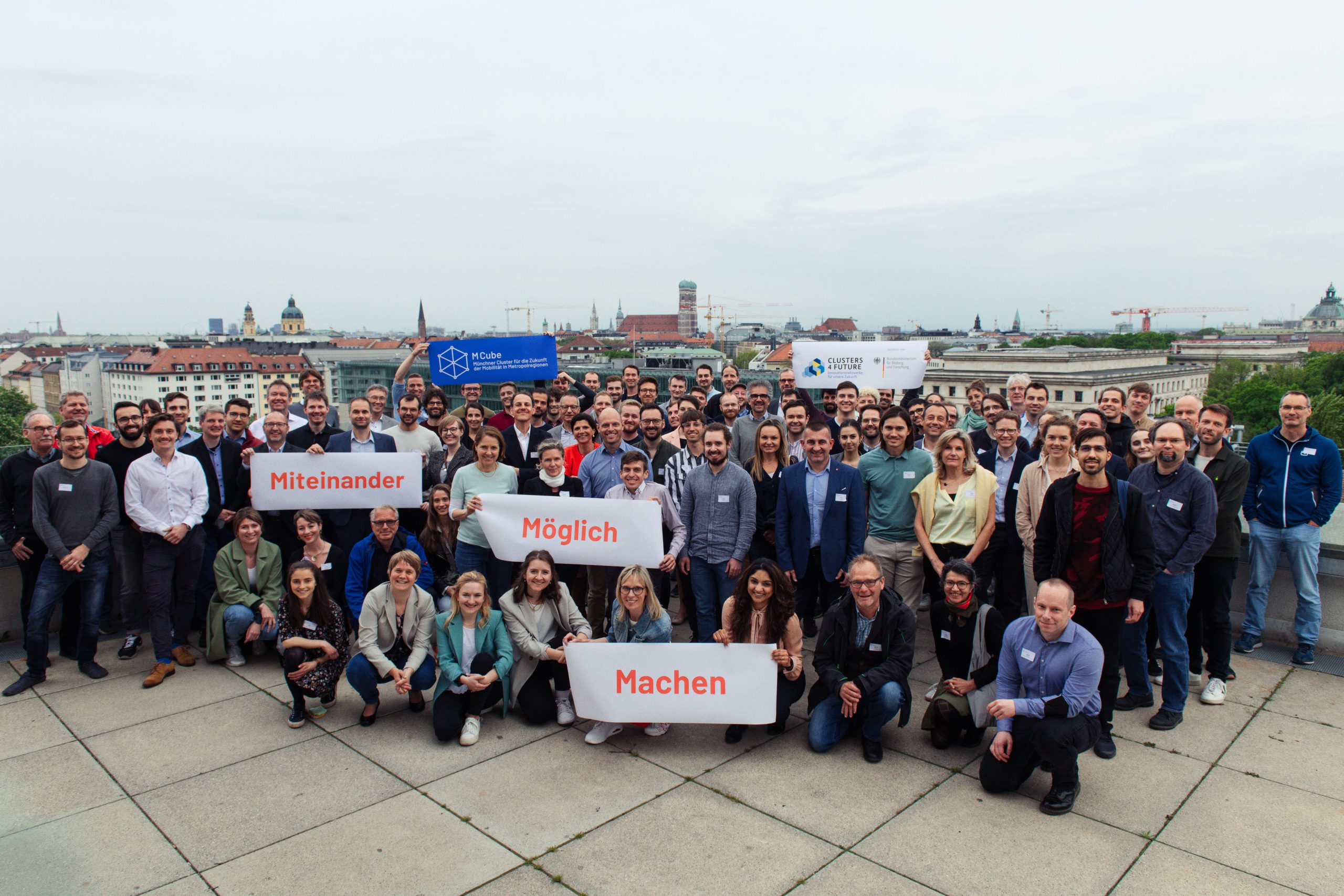
MCUBE
MUC
Our
MCube Consortium
We comprise a unique network of actors from the economy, society and academia in the Munich metropolitan region. Together we are working on sustainable solutions for the future of mobility in metropolitan regions.
Our Vision
Innovations for the mobility transition
The Munich Cluster for the Future of Mobility in Metropolitan Regions (MCube) pursues the vision of establishing Munich as a pioneer for sustainable and transformative mobility innovations. MCube uses the unique geographical concentration of innovation actors in the mobility sector as a "learning region" to develop scalable solutions with model character for metropolitan regions in Germany and worldwide.
The cluster has the long-term potential to actively shape the mobility transformation beyond the region. Building upon existing cross-technology, interdisciplinary and cross-sector collaborations, MCube brings together key players from science, business and society to realize leap innovations with great economic impact and high solution potential for global challenges.
together - we can make - possible
together
stands for interdisciplinary, cross-disciplinary and cross-sector research, a strong network and participation within the region.
make
stands for courage for experimental and
innovative approaches, an
open culture of innovation and
a strong vision.
possible
stands for implementation orientation, the testing of innovations in living labs and the transfer of science into practice and business.
Our mission
MCube pursues an open and mission-driven culture of innovation, which allows for the implementation of the mission statement “innovations for the mobility transformation - together we can make change possible” which is an interplay of three missions: improving the quality of time, the quality of space and the quality of air.
Quality of time Quality of time refers, on the one hand, to the efficiency of the transport system, with a view on infrastructure capacities and traffic flow. On the other hand, it is about reliable and comfortable mobility between everyday locations.
Quality of space Quality of space refers to the impact of mobility innovation in public spaces and regional open spaces. The aim is to create diverse new recreational and exercise spaces that are accessible to the entire population.
Quality of the air refers to traffic-related environmental impacts. All projects in MCube hold to goal to reduce local air pollutants to support the overarching goal to reduce global CO2 emissions.2 einen Beitrag zu leisten.
Quality of time
Efficiency of the transportation system:
- Infrastructure capacities and traffic flow, punctuality, usability of time
- Reliable and convenient accessibility of everyday places for dwelling
- Reduction of effort (time, costs, comfort) and delays with multi-intermodality
- Improve site structure of the region, accessibility to workplaces
- Reduction of path lengths for selected path purposes
- Increase neighborhood-based bicycle and pedestrian traffic
- Flexibilization of mobility through individualization of public transport
- Accelerate the approval of tests and implementations
- Analyze and change the political and social framework for quality of time initiatives (e.g., awareness, dialogue, acceptance)
Quality of space
Impacts on public urban space and regional open space:
- Reduction of land consumption for transport infrastructure
- Space-saving networking of services
- Increasing the quality and duration of stay in the neighborhood
- Reduction of private vehicle ownership
- Reduction of the parking space demand in public areas
- Improve distribution of street space
- Improving road safety and social security
- Reduction of psychological and physical stress caused by traffic
- Analyze and change the political and social framework for quality of space initiatives (e.g., awareness, dialogue, acceptance)
Quality of the air
Environmental impact of transport:
- Reduction of CO2 emissions in everyday mobility, per vehicle miles traveled, per capita, per region
- Reduction of noise, local air pollution emissions per vehicle miles traveled (for all modes of transport)
- Reduction of local noise and air pollution (e.g. NOx, PM, ...) in neighborhoods
- Reduction of noise, local air pollutant emissions per vehicle km (all modes of transport)
- Reduction of overall vehicle emissions (Life Cycle Analysis, "Cradle to Cradle")
- Conservation of rare resources in production, operation and disposal of transport means
- Improve recycling and disposal measures for various means of transport.
- Analyze and change the political and social framework for air quality initiatives (e.g., awareness, dialogue, acceptance)
MCube Office
Office Team
Strategy Team
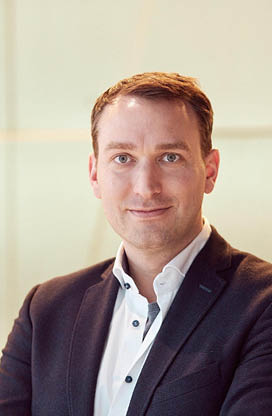
Simon Herzog
UnternehmerTUM Digital Hub Mobility
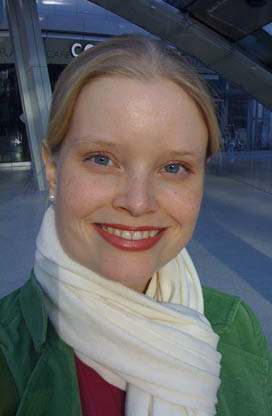
Christina Nick
Oberregierungsrätin, Bayerisches Staatsministerium für Wohnen, Bau und Verkehr
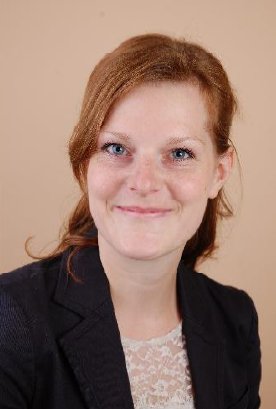
Veronique Nitsch
Projektmanagerin Neue Mobilität
MCube Consortium:
MCube Consortium: The Creators of the Future of Mobility in Munich

Simon Herzog
UnternehmerTUM Digital Hub Mobility
UnternehmerTUM
Die Mobilität für mich in drei Worten
- Profil

Christina Nick
Oberregierungsrätin, Bayerisches Staatsministerium für Wohnen, Bau und Verkehr
Staatsministerium für Wohnen, Bau und Verkehr
Die Mobilität für mich in drei Worten
- Profil


Univ.-Prof. Dr.-Ing. Klaus Bogenberger
Lehrstuhl für Verkehrstechnik
TUM
Testkreuzung
Die Mobilität für mich in drei Worten
- Profil
Prof. Dr. Markus Zimmermann
Lehrstuhl für Produktentwicklung und Leichtbau (Prof. Zimmermann)
TUM
STEAM
Die Mobilität für mich in drei Worten
- Profil
Dr.-Ing. Frank Diermeyer
Institute of Automotive Technology
TUM
Wiesn Shuttle
Die Mobilität für mich in drei Worten
- Profil





Banu Ulusoy-Dereli
Research Assistant
TUM
InterLog
Die Mobilität für mich in drei Worten
- Profil


Dr. Ulrich Scholl
Global VP & Chief Product Manager SAP E-Mobility
SAP
TrEx
Die Mobilität für mich in drei Worten
- Profil

Sebastian Wagner
Senior Product Specialist E-Mobility SAP Industry Cloud
SAP
TrEx
Die Mobilität für mich in drei Worten
- Profil

Benjamin Koller
Head of Safety and Regulation HAD
TÜV Süd
TrEx
Die Mobilität für mich in drei Worten
- Profil

Barbara Lersch
Projektleitung, Leitung Kommunikation & Netzwerke, Wettbewerbe
Hans Sauer Stiftung
aqt
Die Mobilität für mich in drei Worten
- Profil


Moritz Brakmann
Projektmanager Forschung & Innovation
Landeshauptstadt München
aqt
Die Mobilität für mich in drei Worten
- Profil

Andreas Habl
Research Assistant
TUM
InterLog
Die Mobilität für mich in drei Worten
- Profil

Raoul Rothfeld
Postdoctoral Researcher
TUM
aqt
Die Mobilität für mich in drei Worten
- Profil

Mathieu Riou
Projektmanager Forschung & Innovation
Landeshauptstadt München
SUE
aqt
Die Mobilität für mich in drei Worten
- Profil


Gemb Kaljavesi
Research Assistant
TUM
Wiesn Shuttle
Die Mobilität für mich in drei Worten
- Profil
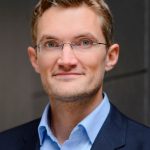




Benjamin Zeckau
Freiraumplaner
Landeshauptstadt München
aqt
Die Mobilität für mich in drei Worten
- Profil

Prof. Dr.sc. Benedikt Boucsein
Professor für Urban Design
TUM
aqt
TrEx
Die Mobilität für mich in drei Worten
- Profil







Alina Weiss
Wissenschaftliche Mitarbeiterin / PhD
TUM
ReMGo
Die Mobilität für mich in drei Worten
- Profil


Johannes Horvath
Projektmanager Forschung & Innovation
Landeshauptstadt München
SUE
SASIM
Die Mobilität für mich in drei Worten
- Profil



Andreas Welter
Leiter Think Tank Future Mobility
BMW
SUE
DatSim
Die Mobilität für mich in drei Worten
- Profil
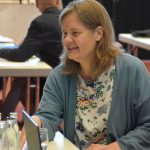

Armin Straller
Research Assistant
Hochschule Augsburg
Testkreuzung
Die Mobilität für mich in drei Worten
- Profil
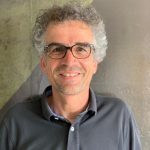
Ulrich Glöckl
Forschungsgruppenleiter New Transportation Systems
TUM
SUE
Die Mobilität für mich in drei Worten
- Profil


Rolf Moeckel
Professor
TUM
DatSim
Die Mobilität für mich in drei Worten
- Profil



Alfred Köhler
Ehrenamtlich
ver.di
MGeM
Die Mobilität für mich in drei Worten
- Profil


Melanie Grötsch
Forschungskoordinatorin - Sachgebietsleitung Forschung
Landeshauptstadt München
aqt
Die Mobilität für mich in drei Worten
- Profil

Fabian Schuhmann
Research Assistant
TUM
DatSim
Die Mobilität für mich in drei Worten
- Profil



Mohammad Sadrani
PhD Candidate & Research Associate, TUM Chair of Transportation Systems Engineering
TUM
COLTOC
Die Mobilität für mich in drei Worten
- Profil

Dr. Gerhard Hiermann
Research Assistant
TUM
InterLog
Die Mobilität für mich in drei Worten
- Profil

Kai Jungel
Research Assistant
TUM
DatSim
Die Mobilität für mich in drei Worten
- Profil


Stefanie Ruf
Research Assistant
TUM
TrEx
Die Mobilität für mich in drei Worten
- Profil
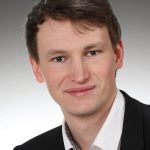
Roman Engelhardt
Research Assistant
TUM
STEAM
Die Mobilität für mich in drei Worten
- Profil
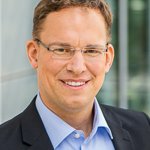


Andreas Schuster
Leiter Nachhaltige Mobilität
TrEx
Die Mobilität für mich in drei Worten
- Profil

Veronique Nitsch
Projektmanagerin Neue Mobilität
SWM
aqt
Die Mobilität für mich in drei Worten
- Profil



Benedikt Jäger
Technologiescout BMW
BMW
DatSim
Die Mobilität für mich in drei Worten
- Profil

Yihan Xu
Research Assistant
TUM
SUE
SASIM
Die Mobilität für mich in drei Worten
- Profil




Maximilian Hübner
Research Assistant
TUM
Wiesn Shuttle
Die Mobilität für mich in drei Worten
- Profil










Benedikt Lienkamp
Research Assistant
TUM
STEAM
Die Mobilität für mich in drei Worten
- Profil


Michael Mögele
PostDoc
TUM
TrEx
Die Mobilität für mich in drei Worten
- Profil





Sebastian Preiß
Projektmitarbeiter
Hans Sauer Stiftung
aqt
Die Mobilität für mich in drei Worten
- Profil

Johann Velarde-Ramos
Innovationsmanager
Bayerische Hausbau
aqt
Die Mobilität für mich in drei Worten
- Profil

Manuel Jung
Wissenschaftlicher Mitarbeiter/PhD
TUM
TrEx
Die Mobilität für mich in drei Worten
- Profil


Andreas Forstmeier
Senior Sales Manager
Yunex Traffic
Testkreuzung
Die Mobilität für mich in drei Worten
- Profil


Daniel Sánchez Clemente
Project Manager
EasyMile
Testkreuzung
Die Mobilität für mich in drei Worten
- Profil

Markus Mörtl
Oberingenieur
STEAM
Die Mobilität für mich in drei Worten
- Profil

Andreas Keler
Postdoctoral Researcher
TUM
DatSim
Die Mobilität für mich in drei Worten
- Profil

Prof. Dr. Pirmin Fontaine
Professor für Operations Management
Katholische Universität Eichstätt-Ingolstadt
InterLog
Die Mobilität für mich in drei Worten
- Profil

Mario Ilic
Research Assistant
TUM
Testkreuzung
Die Mobilität für mich in drei Worten
- Profil

Nuno Miguel Martins Pacheco
Research Associate LS Produktentwicklung und Leichtbau
TUM
STEAM
Die Mobilität für mich in drei Worten
- Profil

Prof. Dr.-Ing. Carsten Markgraf
Professor
Hochschule Augsburg
Testkreuzung
Die Mobilität für mich in drei Worten
- Profil

Philipp Blum
PhD Student
TUM
SASIM
Die Mobilität für mich in drei Worten
- Profil

Michael Wittmann
Senior Developer - SAP Innovation Center Network Munich
SAP
DatSim
Die Mobilität für mich in drei Worten
- Profil


Emil Pabst
Head of Product
veomo
aqt
Die Mobilität für mich in drei Worten
- Profil
